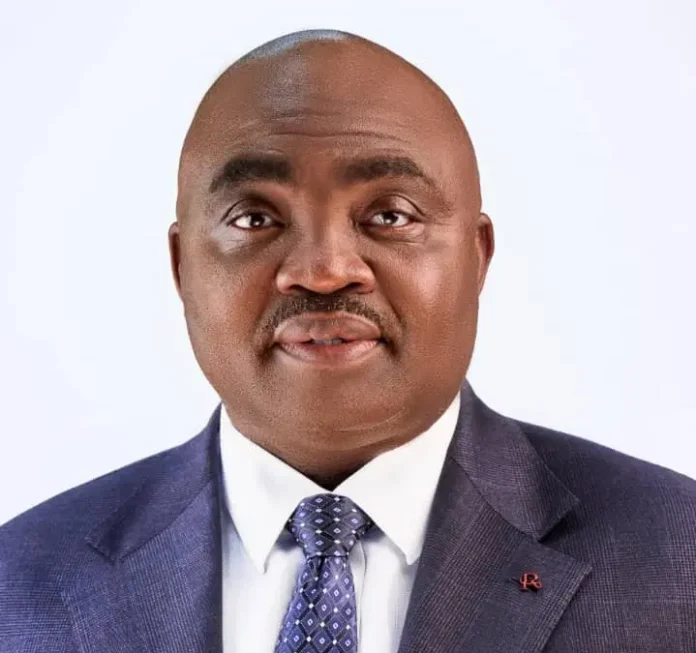Director-General of the Nigerian Institute of Sports (NIS), Comrade Philip Shaibu, says only a full structural overhaul and adoption of a public-private partnership model can restore the institute’s original mission of producing elite coaches and sports professionals.
Speaking at a reception hosted in his honour by former NANS colleagues, Shaibu said his appointment by President Bola Ahmed Tinubu came with a clear reform mandate.
“My task is total reform—to reposition NIS to its core mission of grooming excellent coaches for Nigeria and Africa,” he said.
The former Edo deputy governor lamented that NIS had strayed far from its founding vision. Key facilities like the stadium, indoor hall, and tennis courts are now in disrepair.
“Government’s role now is to fix these structures. Once they meet standard, the private sector can take over their management,” he asserted.
Shaibu stressed that rigid government bureaucracy continues to hamper sports development. “We need to adopt a flexible, business-minded approach to sports. Bureaucracy kills talent and speed,” he warned.
Citing past experiences, he recalled how poor logistics almost overshadowed Nigeria’s AFCON win. “After we won, we were scrambling for a private jet to bring the players home. Yet, the budget only covered return tickets to the tournament,” he said.
Reflecting on his time in public office, Shaibu emphasized transparency as a guiding principle. “I was the first in the National Assembly to publicly declare how much was approved for constituency projects,” he said, referencing a N20 million fund used to build classrooms in his constituency.
He continued, “When it increased to N36 million under Governor Oshiomhole, I went public again. I faced backlash, but I didn’t care. Only one out of 29 emolument items was meant for the people—and that one mattered most.”
According to him, he executed 13 constituency projects in just 18 months—“more than what some lawmakers couldn’t do in eight years.”
Now at NIS, Shaibu is bringing the same energy. In his first month, he drafted a 10-year roadmap for institutional reform. A 32-member committee is now reviewing the document, which proposes a revamped curriculum, updated facilities, and integration of modern sports science.
“It’s a full reset. I’m not just reforming; I’m restarting NIS entirely—with a roadmap to ensure we never lose our way again,” he concluded.

